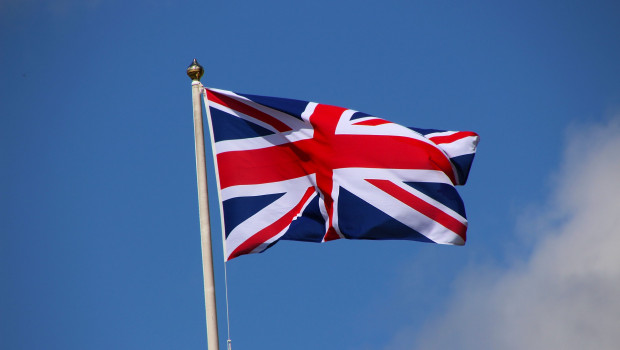Private sector growth hits eight-month high as Covid restrictions ease

Private sector output has sparked in the UK, a closely watched survey showed on Monday, as looser pandemic restrictions boosted spending on travel, leisure and entertainment.
The IHS Markit/CIPS flash UK Composite Purchasing Managers Index was 60.2 in February, up on January’s final reading of 54.2 and the highest reading since June 2021. It was also well above consensus for 55.3.
Within that, the Services Business Activity Index also beat expectations, at 60.8 compared to January’s 54.1, while manufacturing output touched a seven-month high of 56.7, up on 54.5 a month previously, helped by fewer raw material shortages and an easing in global supply chain pressures. Manufacturing PMI was unchanged at 57.3.
IHS Markit said the survey results showed there had been a "swift rebound" from the impact of Omicron, helped by a strong recovery in consumer spending on travel, leisure and entertainment. However, costs continued to mount, with faster rises in operating expenses at service sector firms offsetting a slowdown in cost inflation at manufacturing companies.
Chris Williamson, chief business economist at IHS Markit, said: "With the PMI’s gauge of output growth accelerating markedly, and cost pressures intensifying to the second-highest on record, the odds of an increasingly aggressive policy tightening have shortened, with a third back-to-back rate rise looking increasingly inevitable in March."
Duncan Brock, group director at the Chartered Institute of Procurement & Supply, said: "Steering the course to increased business activity for the twelfth month in a row was largely attributed to the number of holidays and hospitability bookings, as national lockdowns became a thing of the past and consumer confidence returned.
"On the other side, manufacturers saw a subdued pipeline of work, along with job hires, as building capacity remained difficult with the continuing talent shortages and vacancies were unlikely to be filled. Even with the strongest month for supply chain performance since November 2020, some raw materials were still difficult to source and shipping delays remained."
Gabriella Dickens, senior UK economist at Pantheon Macroeconomics, said: "The sharp rise in the composite PMI suggests that the UK economy is rebounding from Omicron at a fair clip. The PMI was well above its average level in the second half of 2021 – 56.3 – when GDP rose by 1.0% in both the third and fourth quarters.
"Meanwhile, the forward-looking components of [the] survey suggest growth will remain brisk over the coming months."
The composite new orders index rose to 59.4 from 56.3 in January, while the employment index was 57.6, against 56.6 a month earlier.
Martin Beck, chief economic advisor to the EY Item Club, said: "February’s flash PMIs boosted hopes that the economy is exiting quickly the lull in activity caused by the spread of Omicron.
"However, the picture for inflation was less pleasing. Input prices rose at the faster rate since last November, and the second highest pace since the index began in 1998. This adds to the odds that the Monetary Policy Committee will raise rates again in March’s meeting. And the rag on activity from elevated inflation, combined with April’s forthcoming rises in energy bills and taxes, points to a weaker period for the PMIs and the economy ahead."
The survey, which is sent to a panel of around 650 manufacturers and 650 service providers, was carried out between 10 and 17 February.